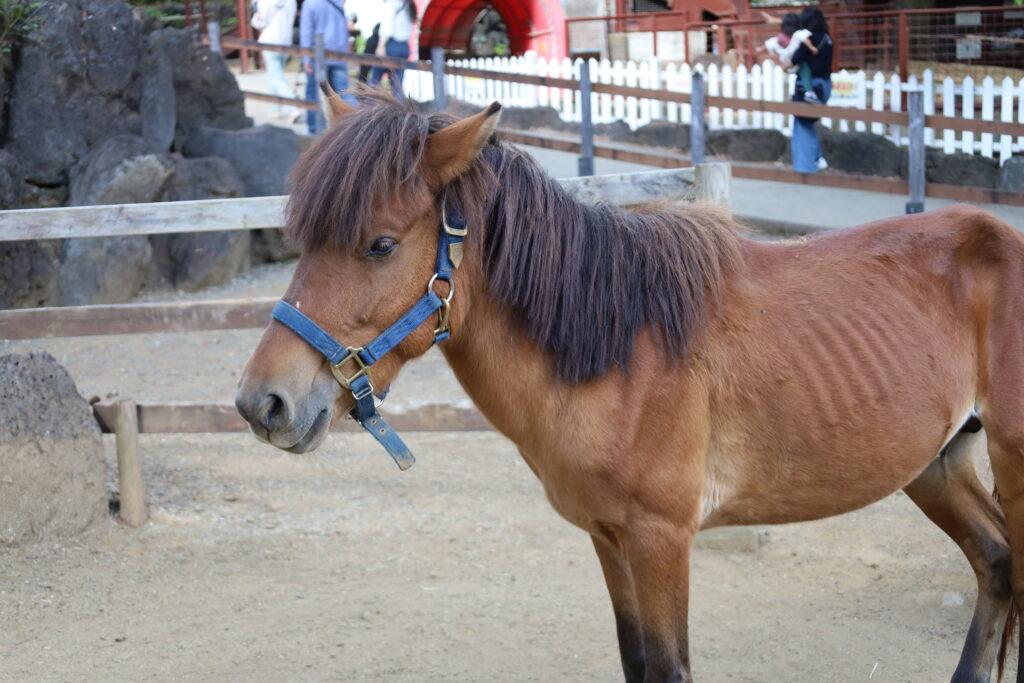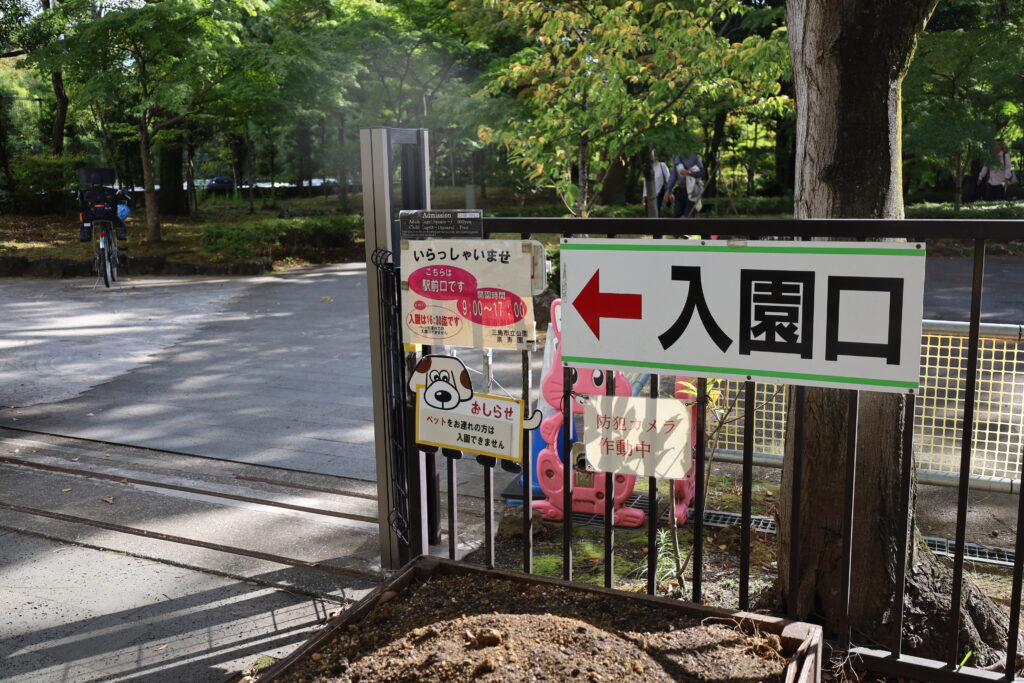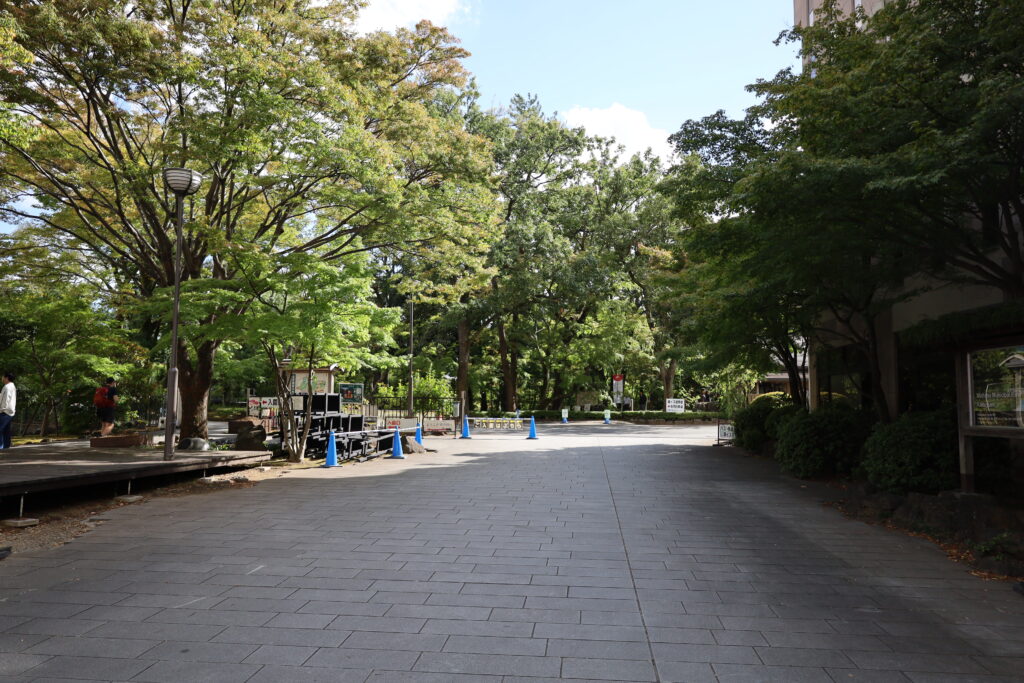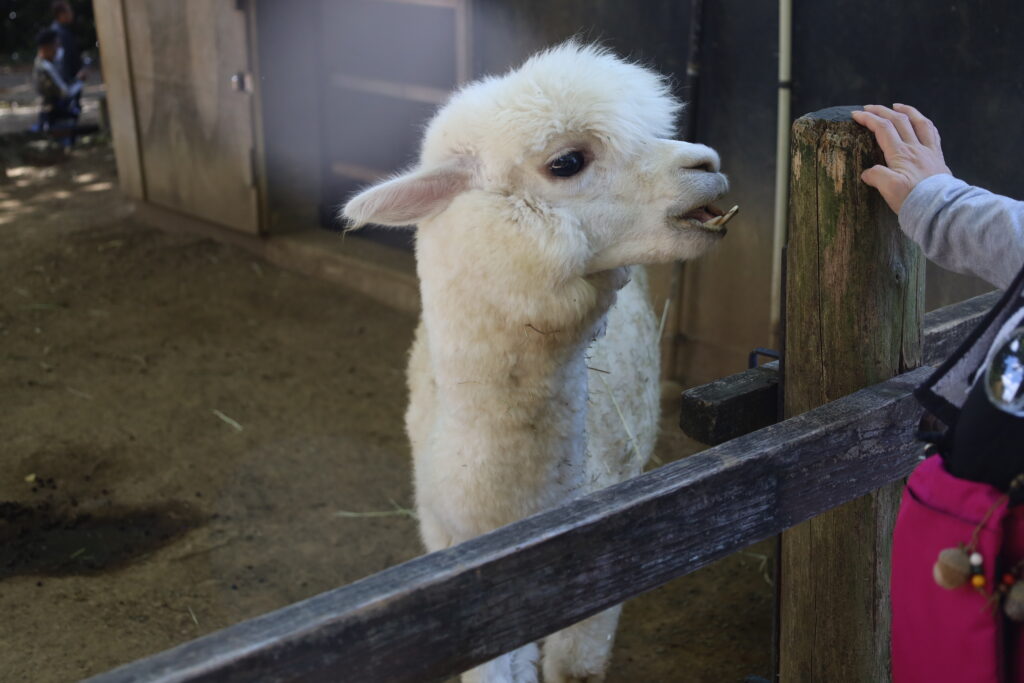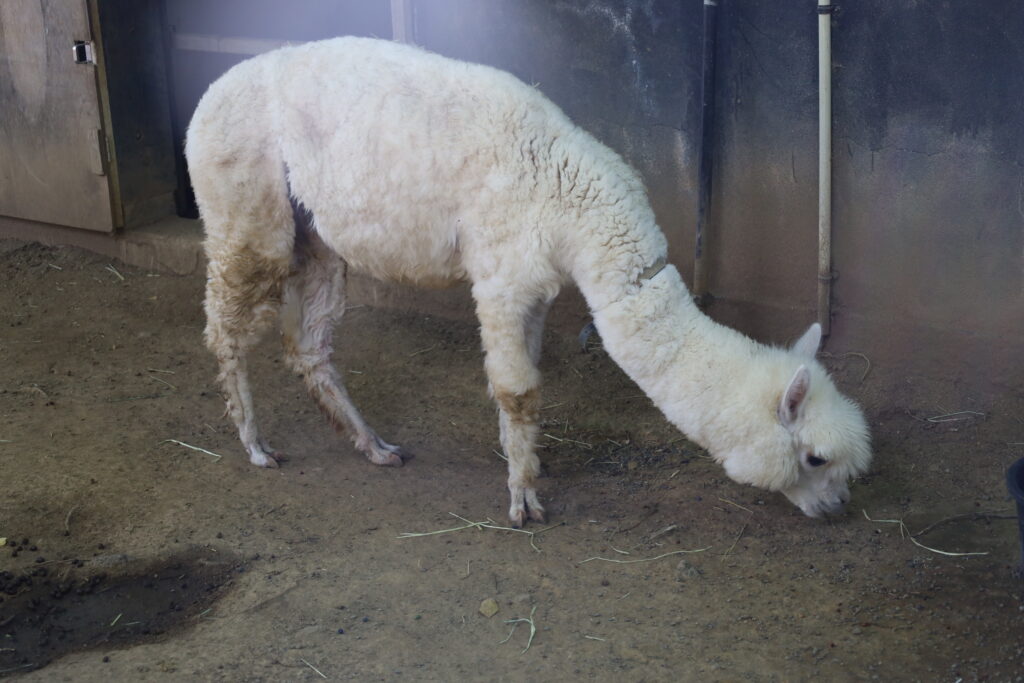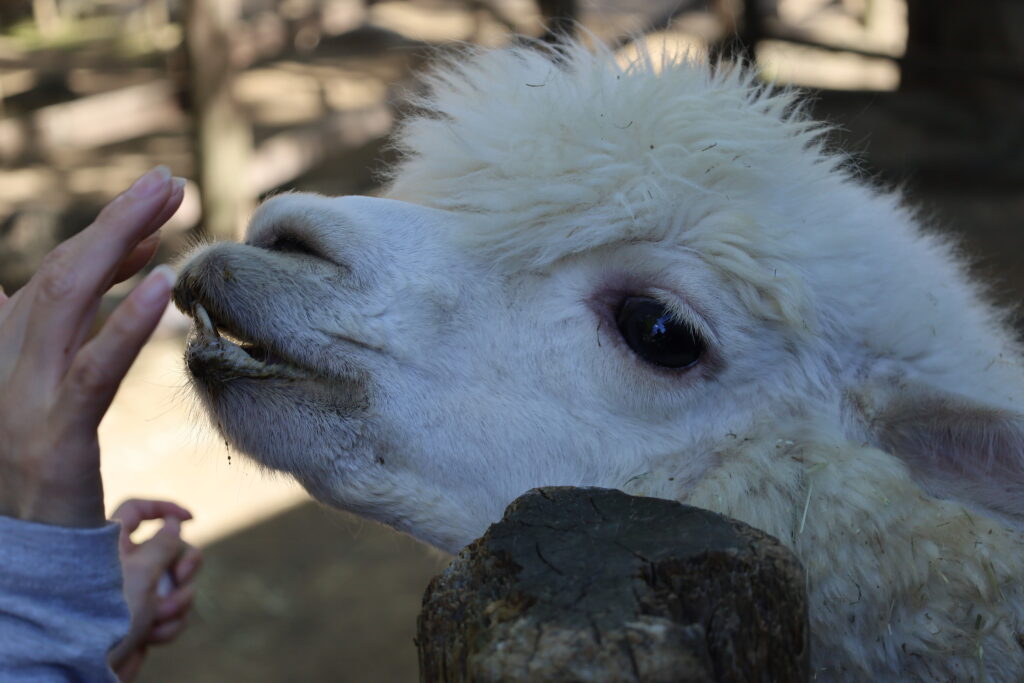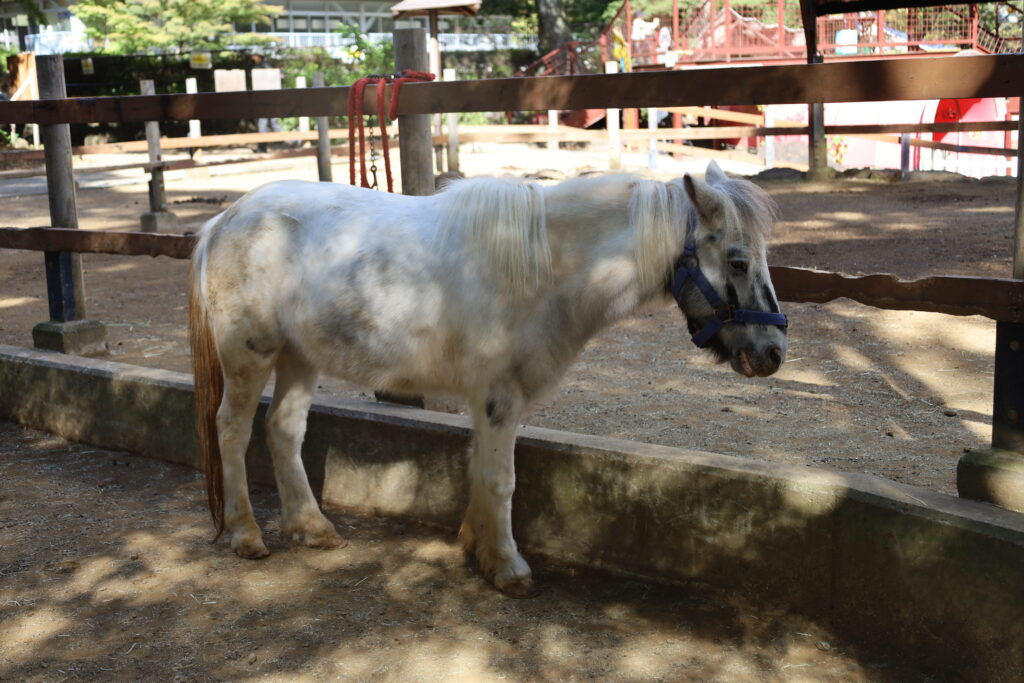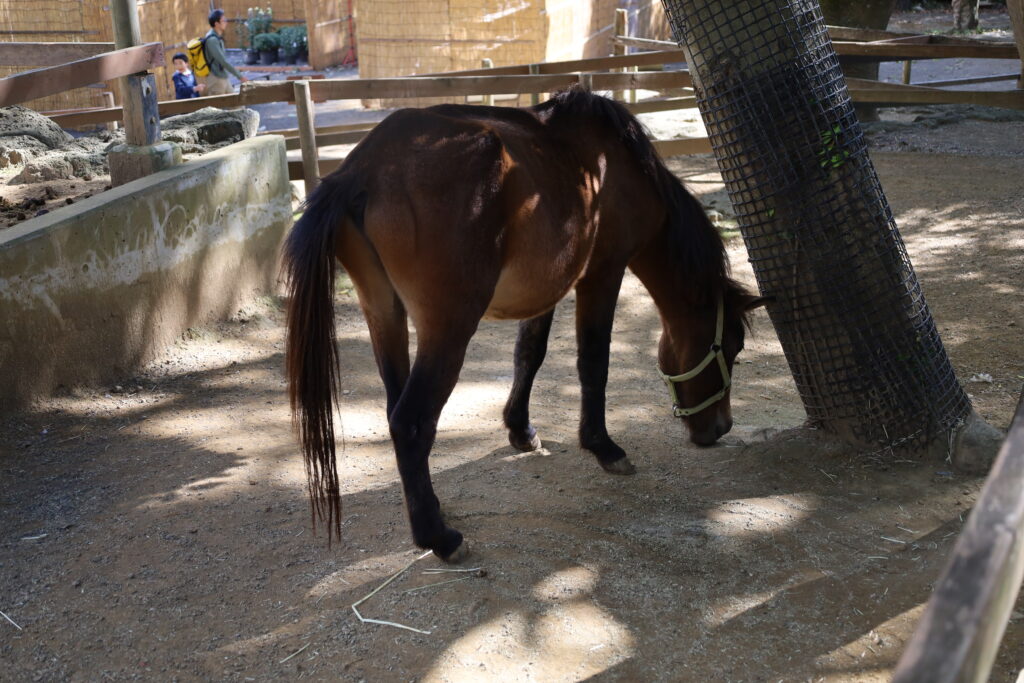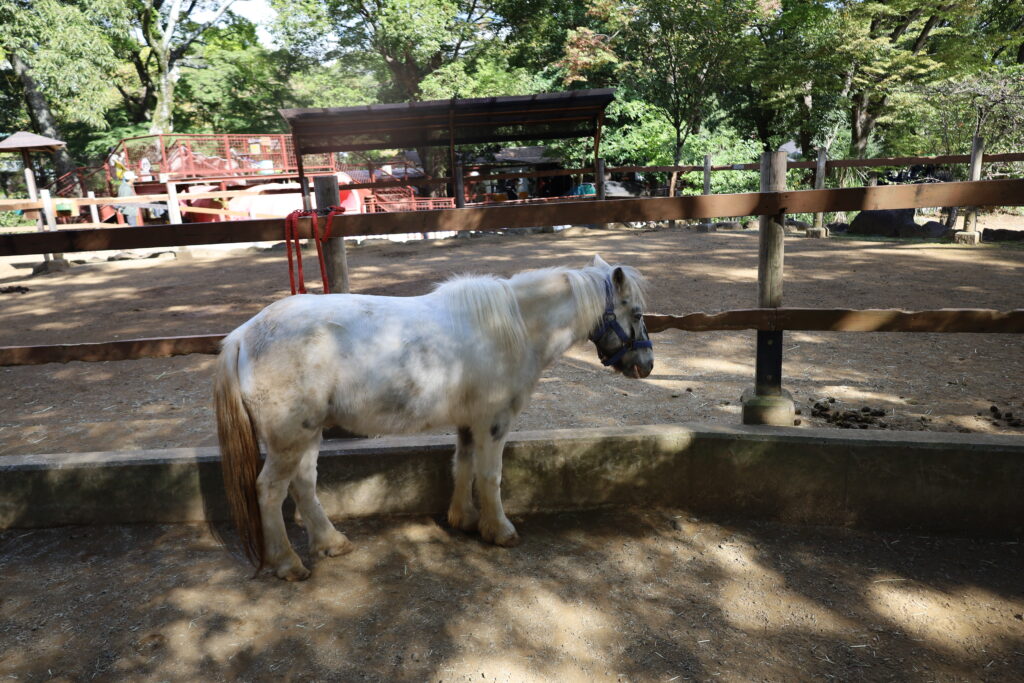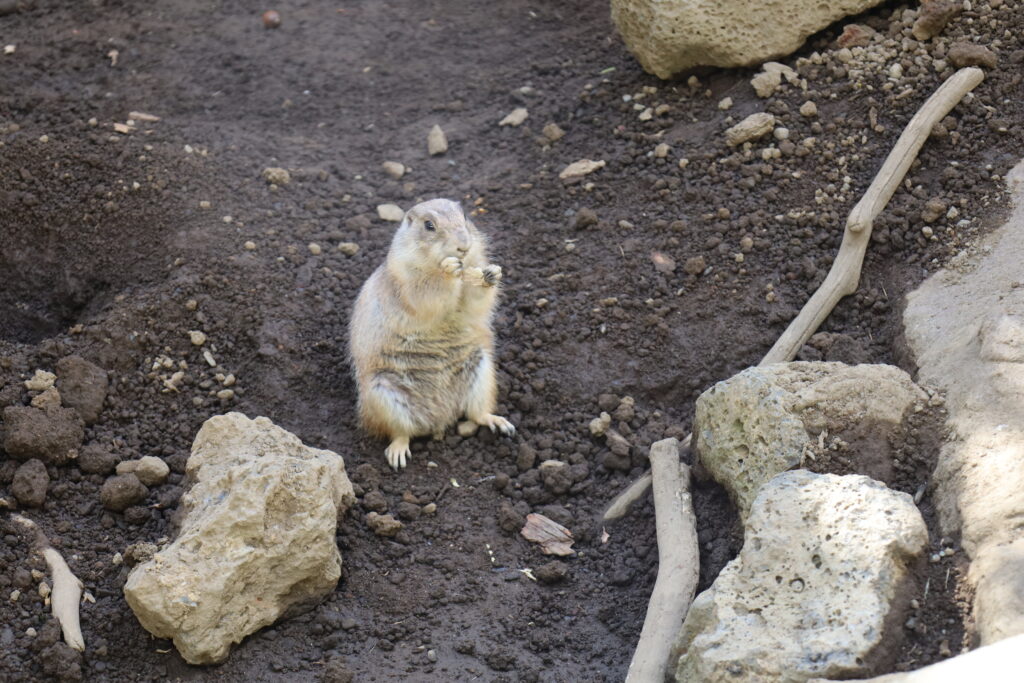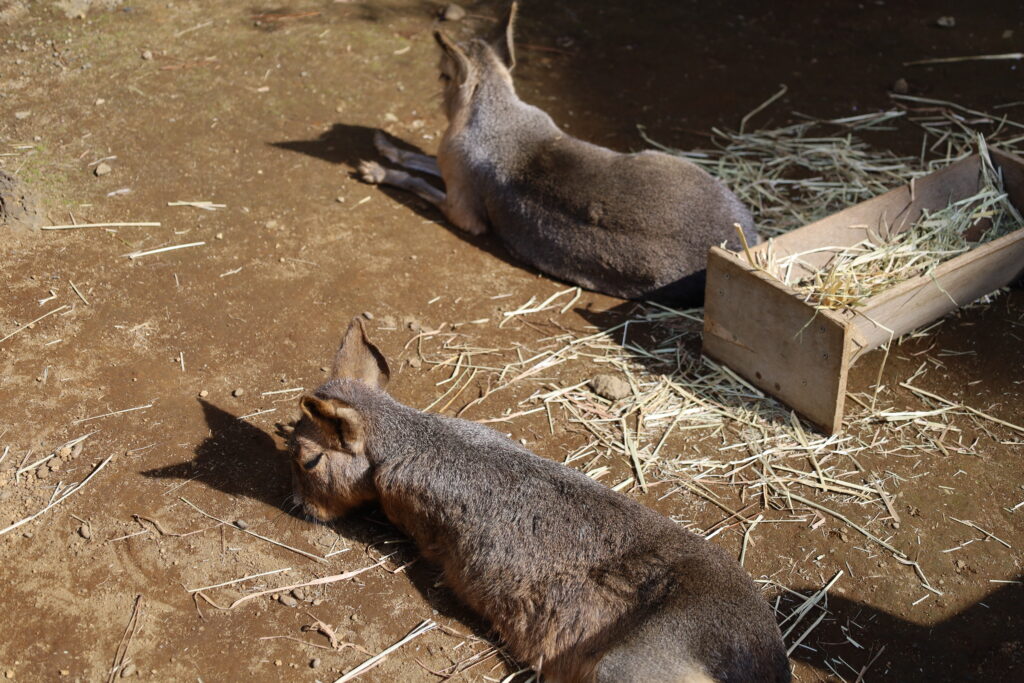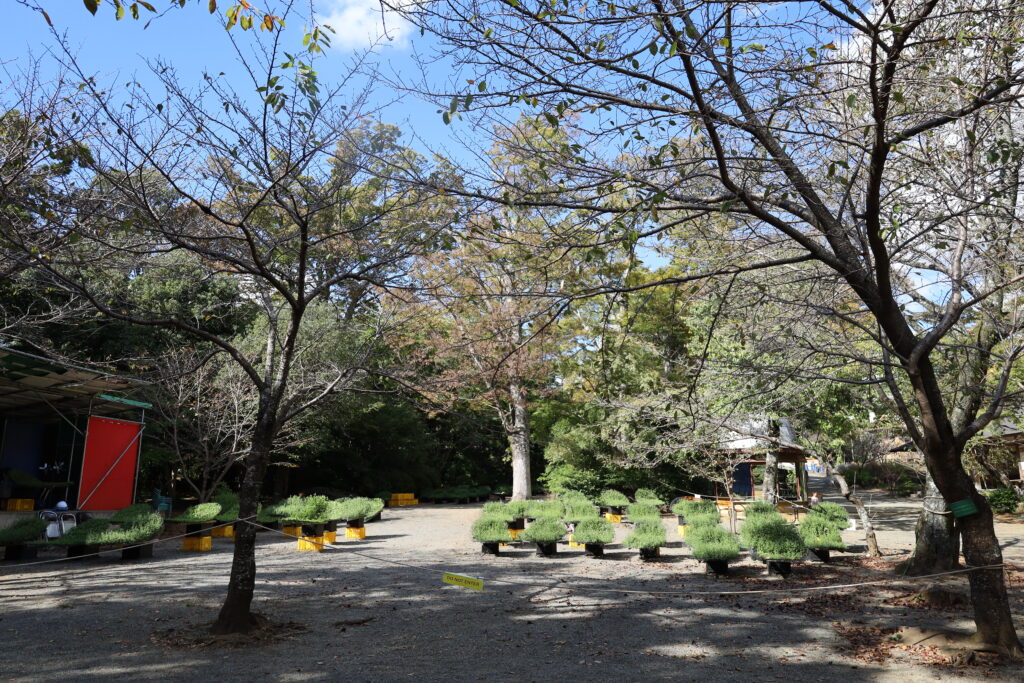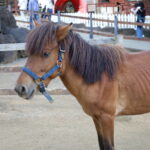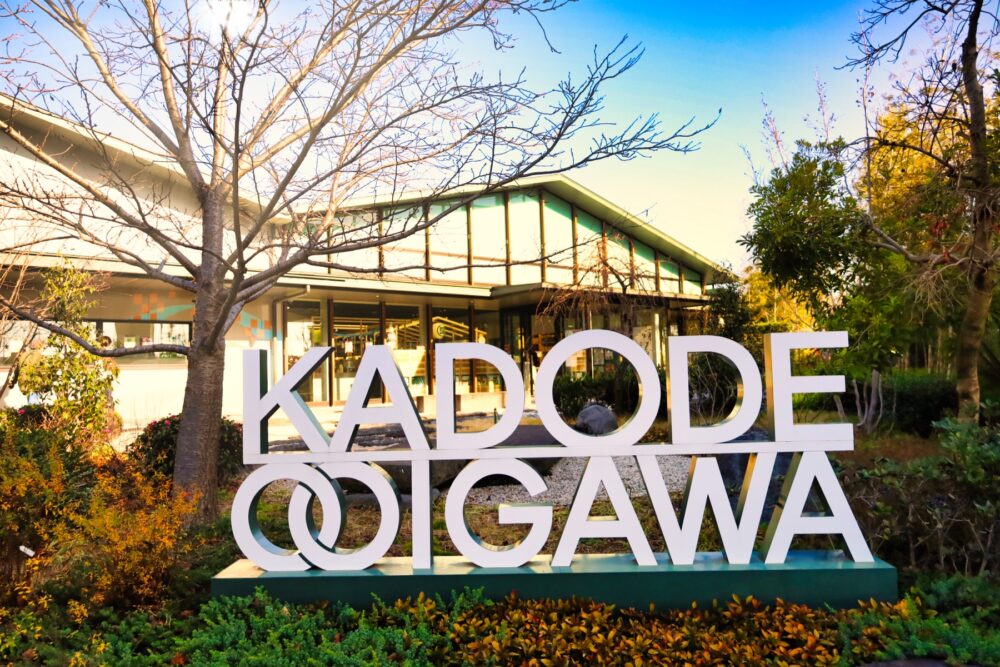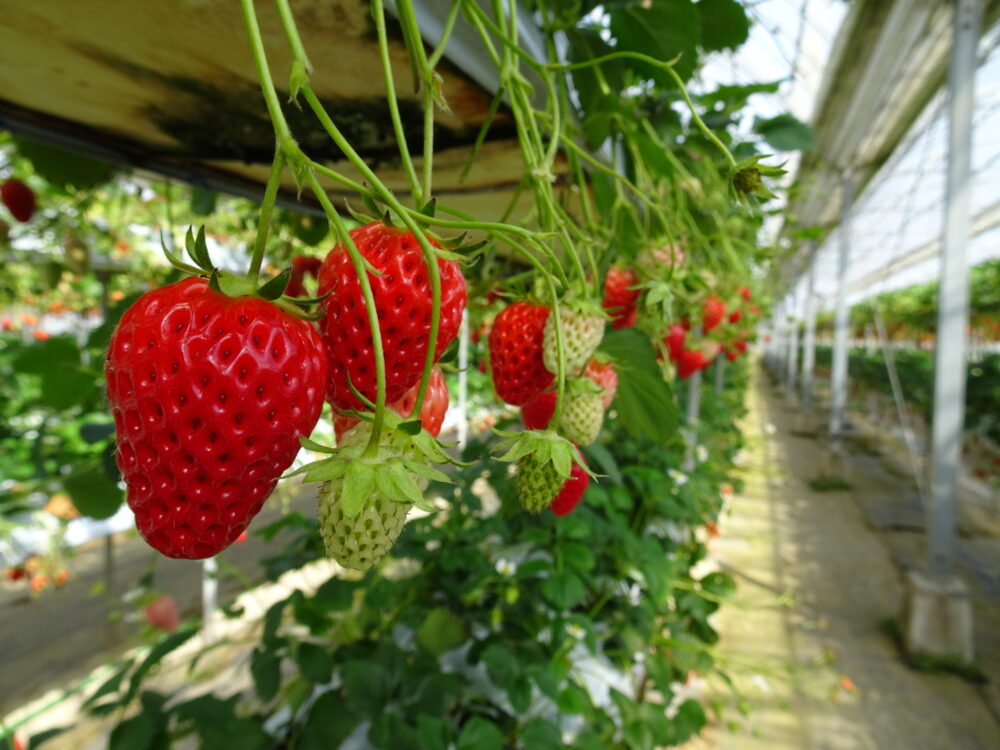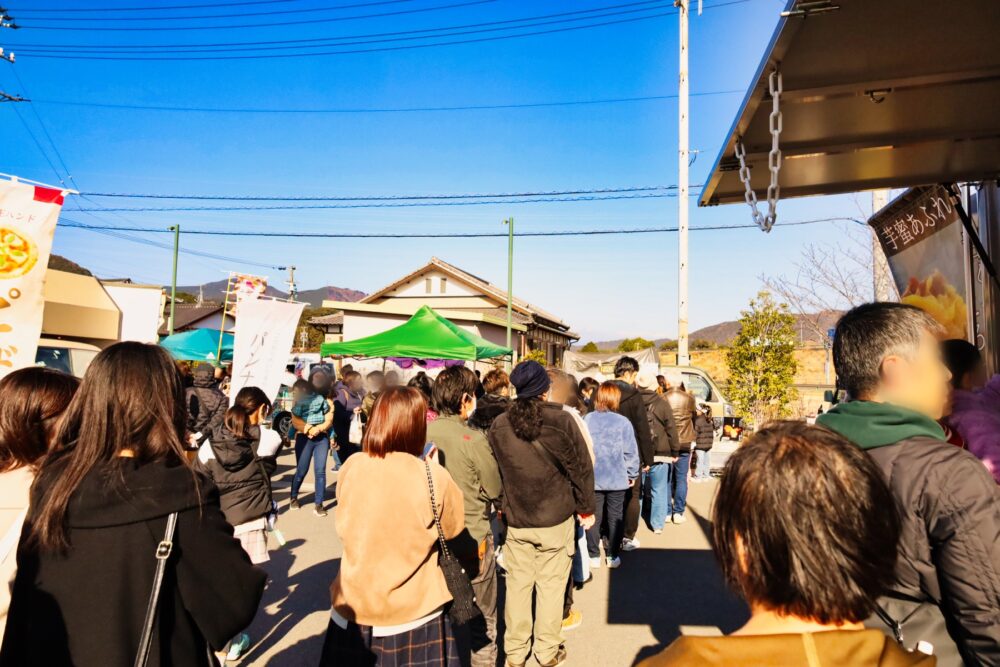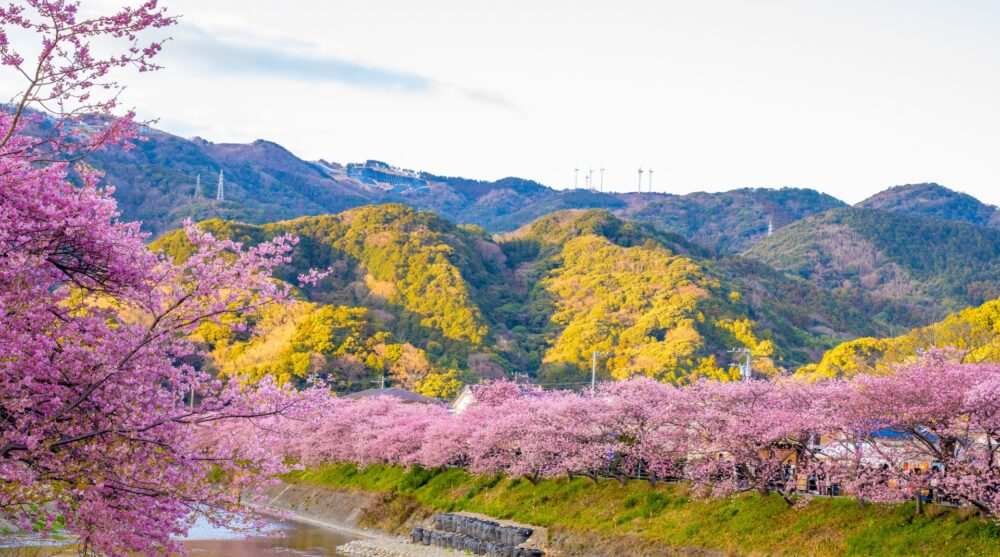Rakujyuen is an accessible park where visitors can enjoy interacting with animals.
It is a great spot to spend quality time with family and friends and enjoy interacting with a variety of animals.
Rakujyuen also hosts a chrysanthemum festival, where visitors can admire beautiful chrysanthemums.
We hope you will enjoy the Chrysanthemum Festival and interaction with animals at Rakujyuen this fall.
Table of Contents
ToggleAnimals in Rakujyuen and their attractions
Rakujyuen is an easily accessible park located only a 3-minute walk from the south exit of Mishima Station in Shizuoka Prefecture, with a zoo inside the facility.
Its attractions include a total of more than 20 different species of animals, which can be enjoyed in a relaxed atmosphere.
Diversity of Animal Petting Plaza
The Animal Petting Plaza is home to more than 20 species of animals, including monkeys, capybaras, and alpacas.
In particular, the alpacas "Akari" and "Cocoa" and the capybara "Mei" are sure to win the hearts of visitors with their adorable appearance.
The "horse train" adjacent to the ride plaza is also very popular with children, who can see rabbits, goats, and guinea pigs up close.
The presence of Yonaguni horses
The Yonaguni horse is a small horse endemic to Japan that lives on Yonaguni Island, Okinawa Prefecture.
At Rakujyuen, seeing these Yonaguni horses up close is an extremely valuable experience.
Their small stature and powerful gait are unforgettable once seen.
Rare on the main island! Yonaguni Horse
The Yonaguni horse is an endemic small horse that lives on Yonaguni Island, Okinawa Prefecture, at the southern tip of Japan.
Its history is long, and it is said to have lived on Yonaguni Island for thousands of years.
Its characteristics are that it is small, with a height of approximately 110 cm, yet has powerful muscles.
Then there is their adorable faces and short, fluffy fur.
Life of Yonaguni horses at Rakujuen
At Rakujyuen, there is an area dedicated to Yonaguni horses, where visitors can observe their ecology up close.
Yonaguni horses are basically friendly and seem to enjoy interacting with visitors.
However, care should be taken not to get too close to the Yonaguni horses during times when they are relaxed, such as during meal times and when resting.
Points of caution when in contact with Yonaguni horses
Yonaguni horses are basically accustomed to people, but sudden loud noises or movements may startle them.
Therefore, when visiting the Yonaguni Horse area, be sure to approach quietly and slowly.
It is also important to respect the horse's privacy and maintain an appropriate distance when eating or resting.
Charming little animals
Rakujyuen is also home to many small animals such as red pandas and prairie dogs.
Visitors are sure to be enthralled by the adorable miniature pigs, Bennetts wallabies, Mara, Japanese macaques, miniature horses, and more.
red panda (Ailurus fulgens)
Two red pandas, "Rin" and "Lily," are kept at Rakujyuen, and visitors can enjoy their agile movements around the trees, especially during active hours.
Chrysanthemum Festival at Rakujyuen in autumn
A special event at Rakujyuen in the fall,Chrysanthemum Festival will be held from Saturday, October 28 to Thursday, November 30The event will be held until
The centerpiece of this year's event will be a 1/3-scale reproduction of Kunouzan Toshogu Shrine, which has deep ties to Tokugawa Ieyasu and Shizuoka, and will be surrounded by colorful chrysanthemums.
In addition, the Tokai Chrysanthemum Festival will be held at the same time.
Here, visitors can view a variety of large chrysanthemums, bonsai, and cut flowers, all grown with love and care.
October: 9:00-17:00 (last admission 16:30)
November: 9:00-16:30 (last admission at 16:00)
Around mid-November is the time when chrysanthemums are at their most beautiful.
Nighttime viewing of chrysanthemums is available from Saturday, November 4 to Sunday, November 12 from 17:00 to 20:30.
Free admission to the park at night only.However, theParking is not availablePlease use coin-operated parking in the neighborhood.
FAQ (Frequently Asked Questions)
Q: How long does it take to get to Rakujyuen in Mishima Municipal Park?
A: Rakujyuen is an attractive place with its beautiful scenery and variety of animals, as well as seasonal events and exhibits.
Visitors should ideally spend approximately two to three hours in the park in order to enjoy everything to their heart's content.
Of course, those interested in a particular event or exhibit may enjoy more time than that.
We hope you will spend a pleasant time and feel the charm of Rakujyuen to the fullest.
QWhat are natural forests and historic buildings designated as natural monuments?
A: Rakujyuen is a place where visitors can not only interact with a variety of animals, but also feel the breath of history and nature.
In particular, the rich natural forests, designated as natural monuments, allow visitors to enjoy the changing seasonal scenery and calm their hearts.
The park also has a historical building called "Rakujyukan," which is loved by many visitors as the center of the history and culture of Rakujyugen.
This "Rakujyukan" is a valuable architectural structure that preserves the atmosphere of the past and further enhances the charm of Rakujyuen.
After enjoying the interaction with the animals, take a walk through this historic architecture and natural forest to experience the deep history and culture of Rakujyuen.
summary
- Rakujyuen is located a 3-minute walk from the south exit of Mishima Station in Shizuoka Prefecture
- More than 20 species of animals, including monkeys, capybaras, and alpacas, are present at the Animal Petting Plaza.
- Rabbits, goats, and guinea pigs can be observed on the "horse train" adjacent to the ride plaza
- It has become a very popular spot for children.
- The presence of Yonaguni horses is one of the attractions of Rakujyuen.

